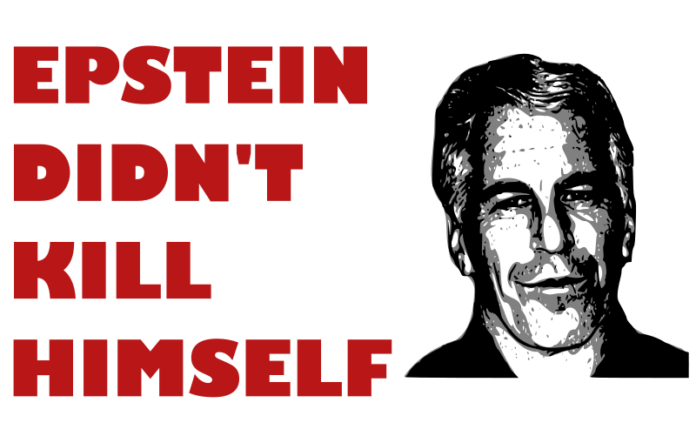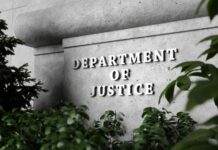
In a shocking development, recently unsealed documents have revealed that computers were removed from Jeffrey Epstein’s Palm Beach mansion before the FBI could conduct a thorough search of the premises. This latest revelation adds another layer of intrigue to the already complex and disturbing case surrounding the disgraced financier.
The unsealing of these documents marks the third round of disclosures related to the lawsuits stemming from Epstein’s alleged abuse. The first set of documents brought to light Ghislaine Maxwell’s recruitment strategies, Prince Andrew’s involvement with trafficked victims, and former President Bill Clinton’s preference for younger company.
Reminder that Jeffrey Epstein associate Alan Dershowitz advocated for forced mandatory vaccinations, and for the unvaccinated to be put in concentration camps. pic.twitter.com/NDeYCBCgbm
— DiedSuddenly (@DiedSuddenly_) January 6, 2024
A second tranche of documents was released shortly thereafter, which included a victim’s testimony that she was trafficked to “prominent American politicians” for the purpose of gathering potential blackmail material. This assertion has raised serious concerns about the extent of Epstein’s network and the implications it may have for national security and political integrity.
The most recent documents obtained indicate that Adriana Ross, referred to as “John Doe” in the reports, was responsible for the removal of computers from Epstein’s property. This action took place just before federal agents were scheduled to search the estate, potentially obstructing justice and hindering the investigation into Epstein’s activities.
Some of Epstein’s Associates pic.twitter.com/FMn0XqgFw0
— NatureGirl (@Naturegirl571) January 6, 2024
This is not the first instance where evidence linked to Epstein has mysteriously disappeared. In a similar vein, during a 2019 raid on Epstein’s New York City home, the FBI discovered numerous black binders containing thumbnail photos with CDs attached, along with other items such as jewelry, external hard drives, loose diamonds, large amounts of currency, and passports in a safe. However, the FBI later reported that this evidence had vanished, further complicating the case and casting doubt on the bureau’s handling of the situation.
The continuous emergence of these documents underscores the depth of Epstein’s connections and the potential cover-ups that may have taken place to protect individuals involved. It also raises questions about the effectiveness of law enforcement agencies in securing and preserving crucial evidence in high-profile cases.
As the public demands transparency and accountability, these developments only fuel the skepticism towards the justice system’s ability to prosecute the wealthy and powerful. The removal of computers from Epstein’s mansion prior to the FBI’s search is a stark reminder of the challenges faced in bringing the full truth to light.
The ongoing release of information will likely continue to expose the dark underbelly of Epstein’s world, implicating more individuals and revealing the extent to which his network operated. It remains to be seen how deep the rabbit hole goes and whether justice will ultimately be served for the victims of Epstein’s alleged crimes.











